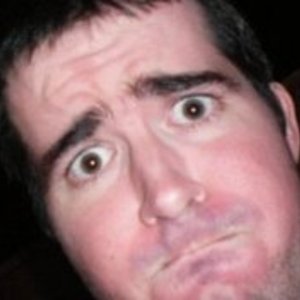Why?
In a time before smart phones and social media, we were left to ourselves more often. I had a good job as a software developer, but being required to think about software 40hr/wk left me with little desire to focus on it outside of work, so I tried my hand at drawing.
Why drawing? I'm left-handed, and some theories predict that makes me apt to be right-brained (creative, intuitive, and images over language) and personally I agree. While software may sound right-brained (logic, reason, critical thinking), it's appeal is creative: literally creating something out of nothing. I didn't understand the point until stumbling across Paul Graham's "Hackers and Painters" while in college studing Computer Science. "Hackers" doesn't refer to anything illegal but to tinkerers: people who toy with and create systems, testing their limits, improving them.
Half-baked psychological theories aside, I enjoy creating. Visual pursuits come easily, while writing is difficult. Drawing felt like the perfect outlet.
How?
I remember drawing some (not much) in elementary school, but after that my proficiency at math, science, and sports kept me away from the arts, so how was I supposed to learn how to draw?
While I didn't possess an innate ability to draw (does anyone?), I have always been able to focus: remove everything but a single purpose from my mind for hours at a time. So after purchasing a pencil, an eraser, a ruler, a sketchpad, and two "learn to draw" books I focused on drawing. The books had several exercises:
- Draw without looking down to help develop the mechanics of drawing without worrying about getting the picture right.
- Draw sections of the subject to help focus on individual lines instead of the subject as a whole.
- Draw the subject upside-down to help detach my perception of the subject and focus on individual parts.
Gallery
Over the course of several months (maybe a year, I honestly forget), I would pick a scene from a movie or a picture off the Internet and draw it. I never finished a drawing in one sitting, but would come back to it over the course of a week with a fresh perspective (do the eyes look right?!). My sketchpad slowly filled up. Here are some samples:
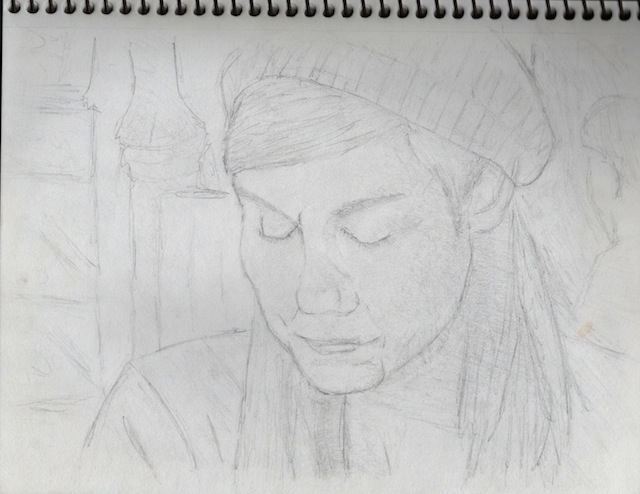
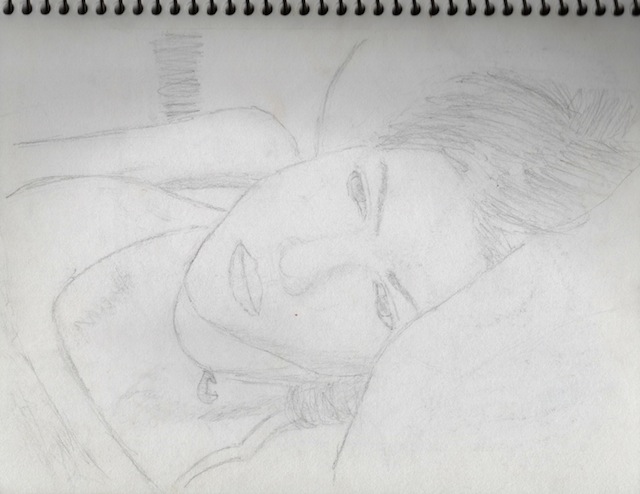
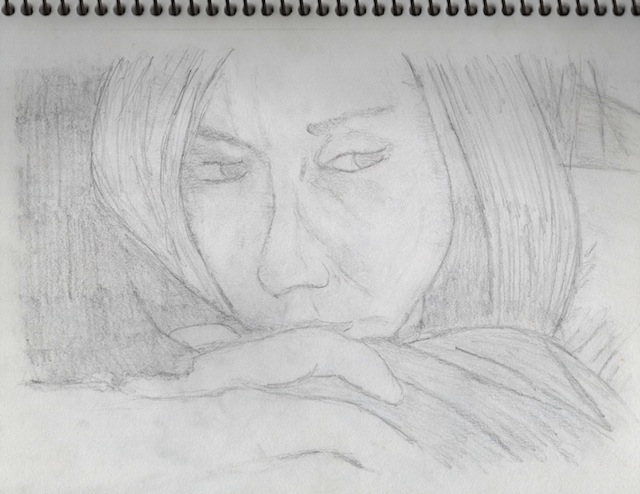
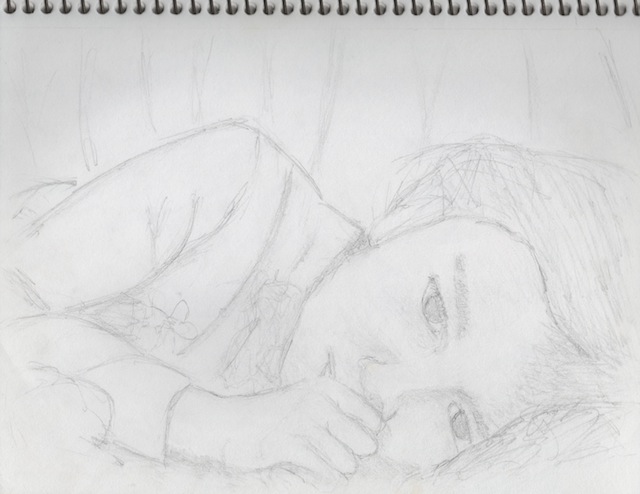
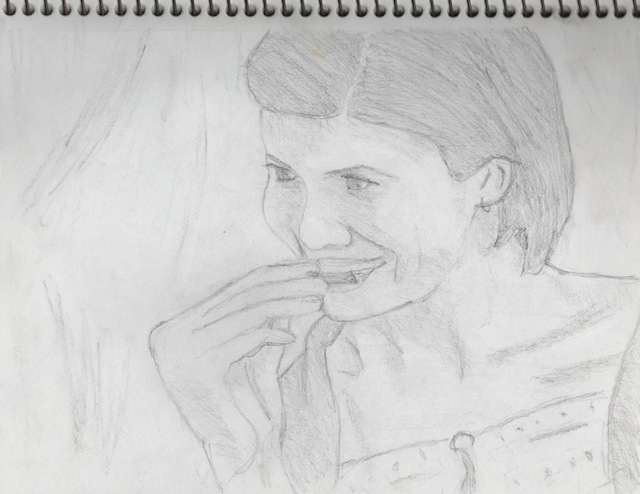
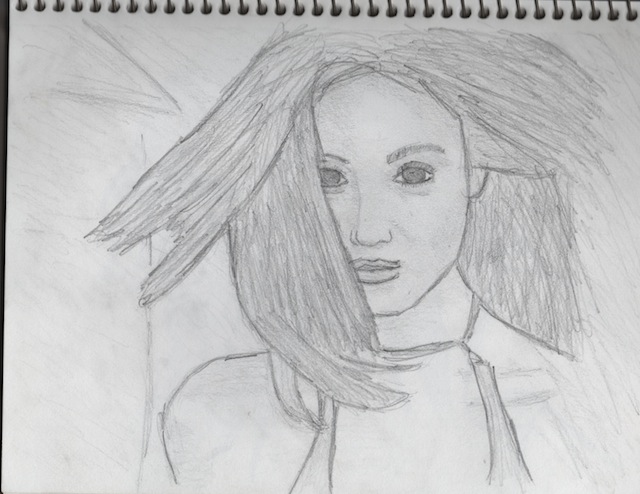
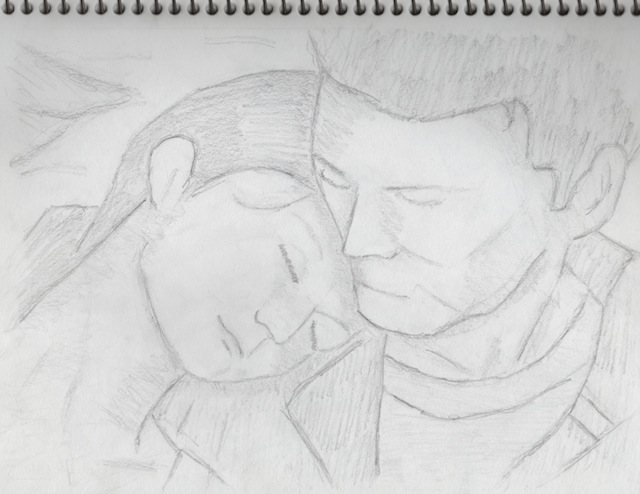
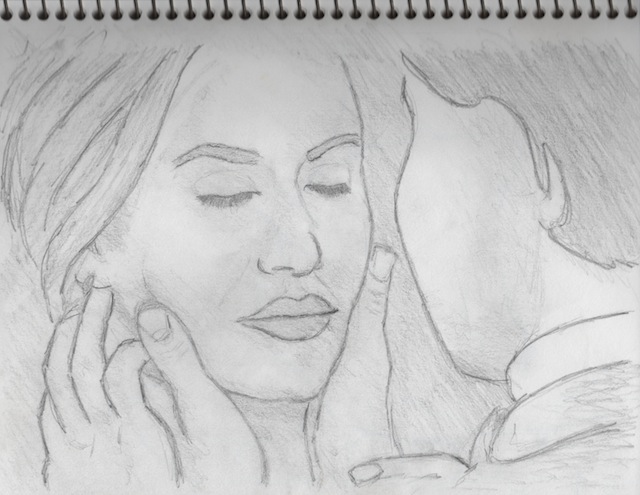
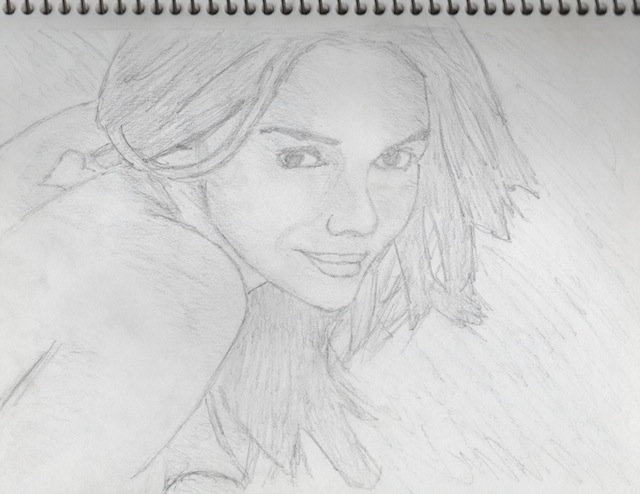
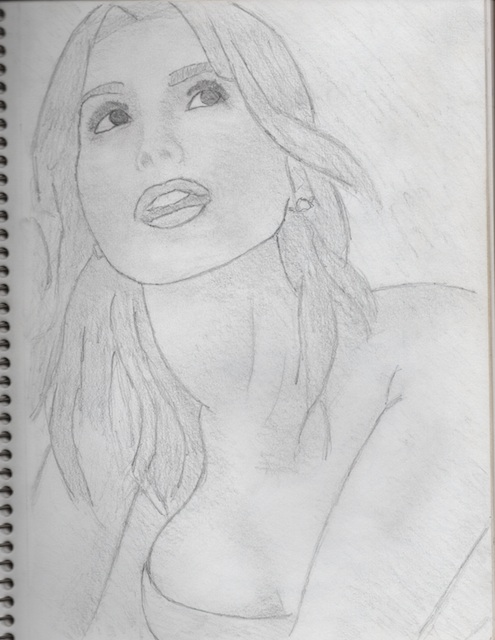
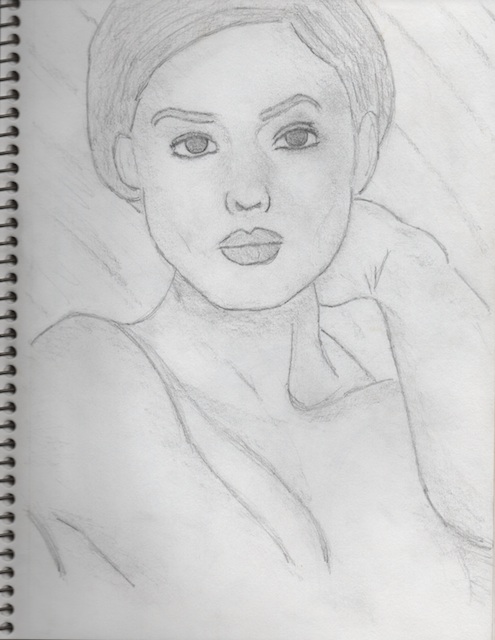
The Point
I eventually lost my drive to draw every day which quickly deteriorated into stopping altogether, but looking back I accomplished what I set out to do: draw something I loved looking at, which in my early twenties happened to be women. Shocking. I recently bought a new scanner, which (unlike my old one) could adequately digitize my drawings before time faded my old sketchpad.
Upon seeing the drawings, people's reaction was normally "you're so talented," gifted, lucky, or blessed. Those words are comfort for speaker: turning an earned skill into something God, nature, or chance gave me, so without being an ass, I try and explain that I was initially awful but gradually improved over time, lots of time.
Time spent in my alone apartment, not showing anything to anyone. In contrast, The Communication Age tempts you to communicate the every step of development and creation instead of truly focusing on becoming better.
Why did my iPhone replace hobbies?
